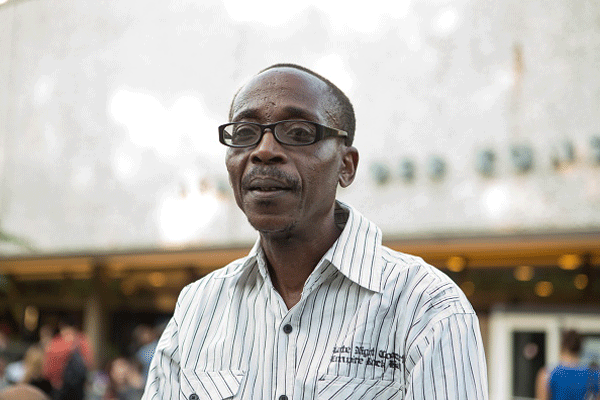
The local arts industry is in doldrums, largely because of insufficient funding. But with poetry being an “unpopular art”, it has further lost its sheen over the years.
By Kennedy Nyavaya

The closure of places like the Book Café and the failure to host major events like the Harare International Festival of the Arts (Hifa) are some of the major signs of decline in the arts industry, especially poetry.
However, arts pundits assert that the future of poetry is in the hands of artists themselves.
In a recent interview with The Standard Style, multi award-winning poet Chirikure Chirikure said the arts’ impact depended on resilience and marketing of work, especially through new media.
“The major challenge has always been to convince capable people to open up places to showcase the art because they doubt the following poetry has,” he said.
“On the other hand, poets should reach out and try to develop our own platforms by maximising online space to showcase the talent that we have.”
He also said that there was need for poets to be “proactive and passionate” in promotion rather than chasing immediate gains.
- Chamisa under fire over US$120K donation
- Mavhunga puts DeMbare into Chibuku quarterfinals
- Pension funds bet on Cabora Bassa oilfields
- Councils defy govt fire tender directive
Keep Reading
“I always say that what comes first is passion for the art, money will come because anyone can make money out of any art. It just depends on many factors, ” said Chirikure, adding that poetry could open up many opportunities.
As the LitFest International Literature Festival draws closer, artists who specialise on the spoken word art are jostling to get a slot at this rare event.
Veteran poet John Eppel said local poets needed to develop “a thick skin” because publishing their work or finding places for performances may prove hard to come by.
“Unfortunately, we have very little publishing in the country but the main thing is to have a thick skin and continue writing,” he said.
Eppel — who has vast knowledge in the art both as poet and lecturer — added that poets only needed to maintain the essence of the art.
“I had a couple of years to keep my work as I could not publish it, but poetry does not lose value when kept, so poets need to use online platforms to market their works and perseverance is needed,” he said.
“It has always been an unpopular art because it is short and sharp but artists should try to be as concrete in describing reality.”
Versatile poet/actor Tendai Maduwa said artists should strive to make their art marketable enough.
“Before making poetry a business; one has to master their craft so that it can sell; when craft is polished you have to create a brand, which is what sells in the showbiz industry,” said Maduwa.
“My experience is that performance poetry pays more than literary poetry, but my advice is that art is a career that you choose among many other careers and one should be prepared to work and wait until it matures to pay.”
Poetry in all its forms has always occupied an integral part in people’s lives since time immemorial from debunking hidden reality to mere elucidation of the palpable.
In Zimbabwe, the art seeps down to the family institution where mostly spouses used to praise each other through totems and family names.
The traditional practices have, however, worn down over the years as the art has seemingly evolved into a commercialised product.











